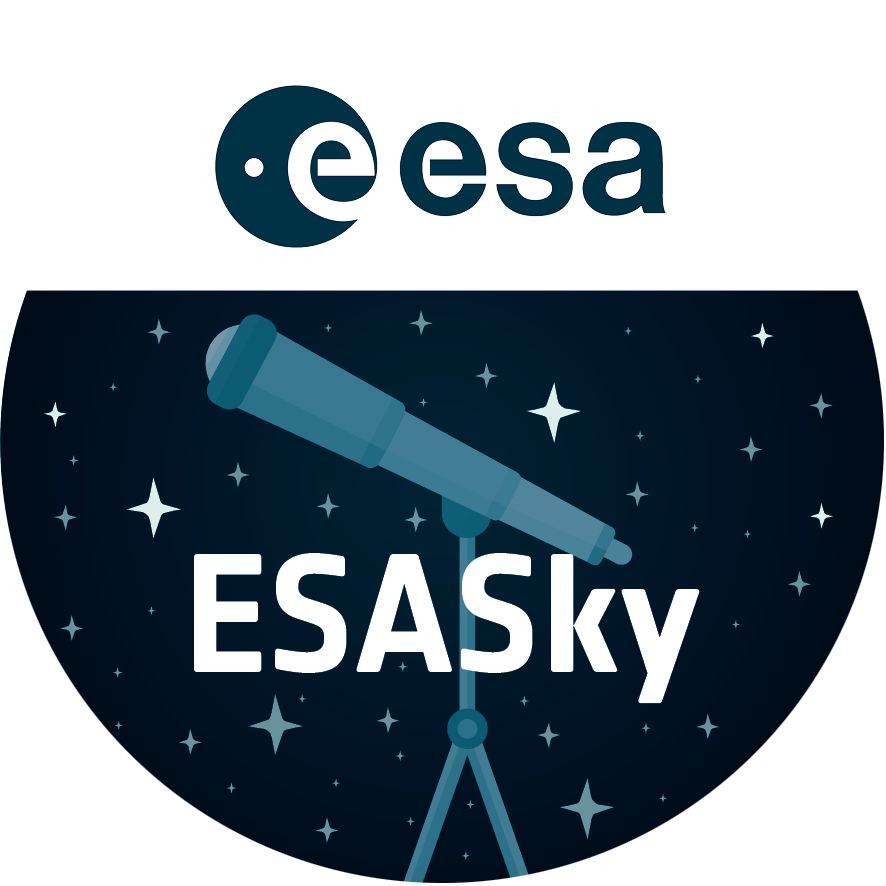Rho Ophiuchi cloud complex
The first anniversary image from the NASA/ESA/CSA James Webb Space Telescope displays star birth like it’s never been seen before, full of detailed, impressionistic texture. The subject is the Rho Ophiuchi cloud complex, the closest star-forming region to Earth. It is a relatively small, quiet stellar nursery, but you’d never know it from Webb’s chaotic close-up. Jets bursting from young stars crisscross the image, impacting the surrounding interstellar gas and lighting up molecular hydrogen, shown in red. Some stars display the telltale shadow of a circumstellar disc, the makings of future planetary systems.
The young stars at the centre of many of these discs are similar in mass to the Sun or smaller. The heftiest in this image is the star S1, which appears amid a glowing cave it is carving out with its stellar winds in the lower half of the image. The lighter-coloured gas surrounding S1 consists of polycyclic aromatic hydrocarbons, a family of carbon-based molecules that are among the most common compounds found in space.
[Image description: Red dual opposing jets coming from young stars fill the darker top half of the image, while a glowing pale-yellow, cave-like structure is bottom centre, tilted toward two o’clock, with a bright star at its centre. The dust of the cave structure becomes wispy toward eight o’clock. Above the arched top of the dust cave three groupings of stars with diffraction spikes are arranged. A dark cloud sits at the top of the arch of the glowing dust cave, with one streamer curling down the right-hand side. The dark shadow of the cloud appears pinched in the centre, with light emerging in a triangle shape above and below the pinch, revealing the presence of a star inside the dark cloud. The image’s largest jets of red material emanate from within this dark cloud, thick and displaying structure like the rough face of a cliff, glowing brighter at the edges. At the top centre of the image, a star displays another, larger pinched dark shadow, this time vertically. To the left of this star is a more wispy, indistinct region.]
Credit:NASA, ESA, CSA, STScI, K. Pontoppidan (STScI), A. Pagan (STScI)
About the Image
| Id: | weic2316a |
| Type: | Observation |
| Release date: | 15 December 2023, 10:00 |
| Size: | 12778 x 11968 px |
About the Object
| Distance: | 390 light years |
| Constellation: | Ophiuchus |
| Category: | Stars |
Image Formats
Wallpapers
Coordinates
| Position (RA): | 16 26 30.56 |
| Position (Dec): | -24° 23' 7.40" |
| Field of view: | 6.65 x 6.23 arcminutes |
| Orientation: | North is 80.6° left of vertical |
Colours & filters
| Band | Wavelength | Telescope |
|---|---|---|
| Infrared P-alpha | 1.87 μm | James Webb Space Telescope NIRCam |
| Infrared | 2.0 μm | James Webb Space Telescope NIRCam |
| Infrared PAH | 3.35 μm | James Webb Space Telescope NIRCam |
| Infrared | 4.44 μm | James Webb Space Telescope NIRCam |
| Infrared molecular hydrogen | 4.7 μm | James Webb Space Telescope NIRCam |


